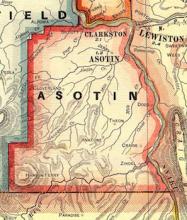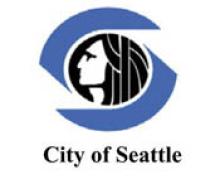Transcript: Community Broadband Bits Episode 279
This is episode 279 of the Community Broadband Bits Podcast. Russ Brethrower, a project specialist at Grant County Public Utility District, discusses how Grant County, Washington, pioneered open access infrastructure in the United States. Listen to this episode here.
Russ Brethrower: Our commission, management, everybody's made it really clear. Our capital is an investment in the future of the county up and down the food chain. It's -- it's a given that it's an investment and the capital is not expected to be returned.
Lisa Gonzalez: You're listening to episode 279 of the Community Broadband Bits podcast from the Institute for local self-reliance. I'm Lisa Gonzalez. Christopher recently attended the broadband community's economic development conference. He attends every fall and if he's lucky he's able to record interviews with people from some of the communities we're curious about. He also makes the trip to each Broadband Community Summit the spring time event. While he was at the November event in Atlanta, he connected with several people including this week's guest Russ Brethrower from the Grant County Public Utility District in Washington Grant County PUD has one of the most established and geographically largest open access community networks in the US. The rural communities population is sparse and widely distributed but community leaders had an eye toward the future when they decided to invest in fiber infrastructure. In this interview, Russ shares the story of their network and describe some of their challenges. Here's Christopher with Russ Brethrower from the Grant County Public Utility District in Washington.









